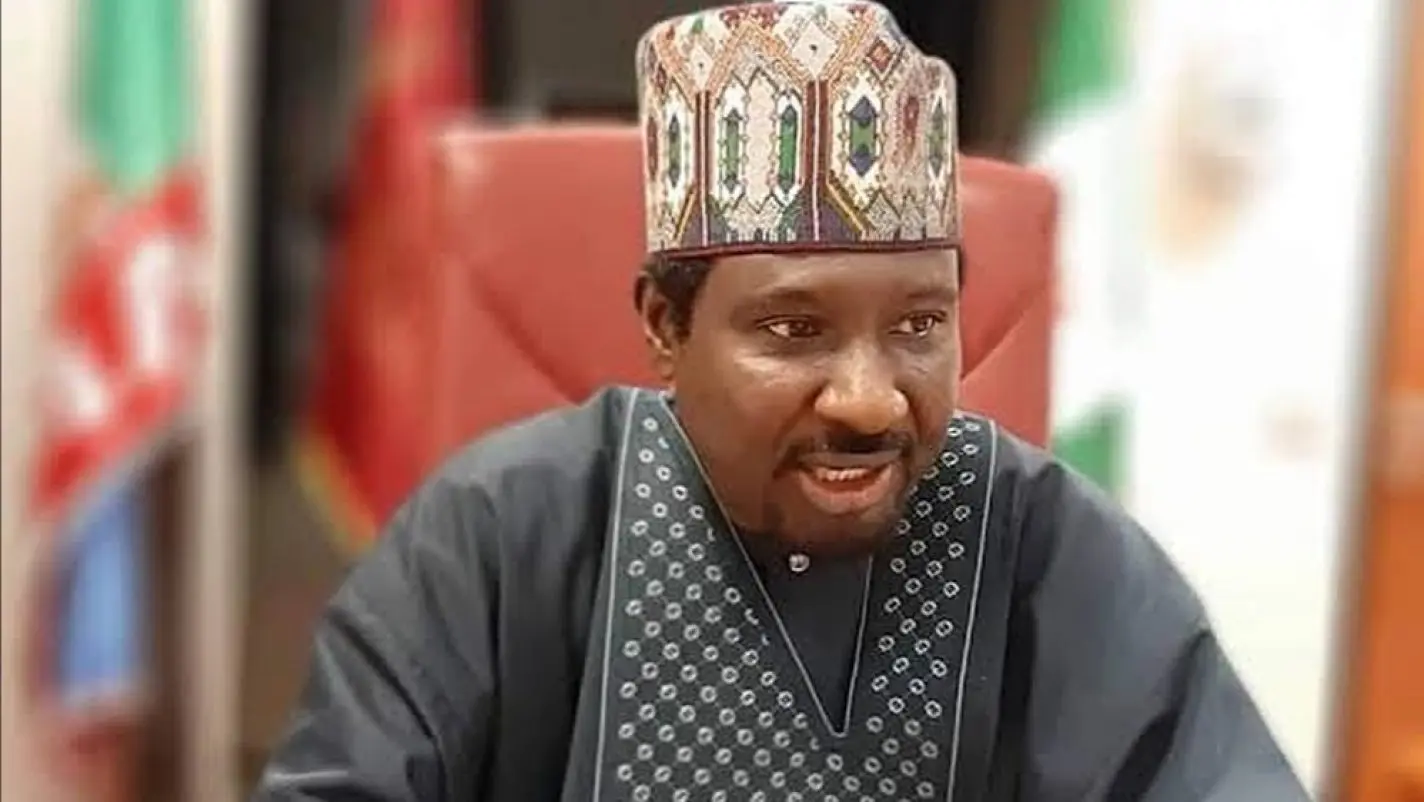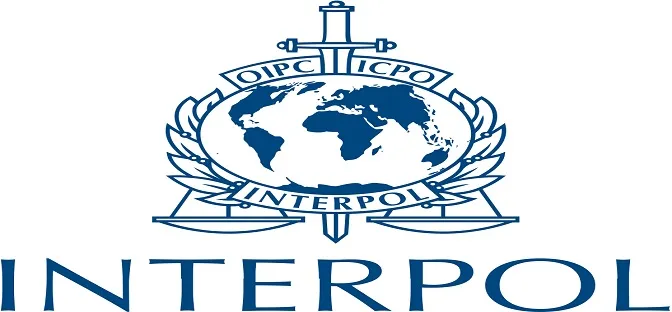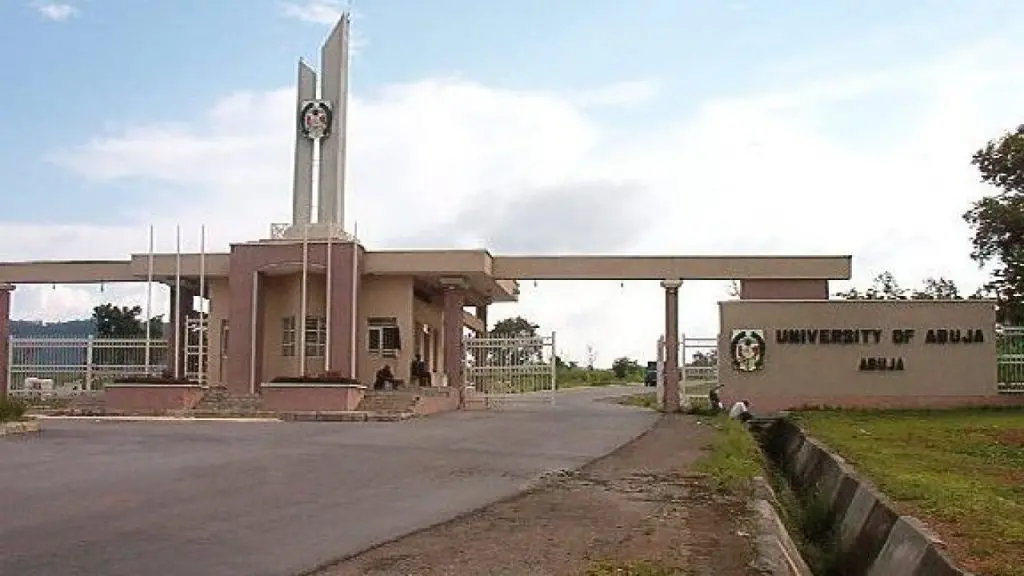News
Deputy Senate President Barau becomes acting Speaker of ECOWAS Parliament

Deputy President of the Nigerian Senate, Jibrin Barau, emerged on Thursday as acting Speaker of the ECOWAS Parliament.
He emerged at the inaugural session of the Sixth Legislature of the Parliament of the Economic Community of West African States, ECOWAS, which took place at the International Conference Centre, Abuja.
During the session, he was first nominated as the 1st Deputy Speaker of the ECOWAS Parliament by Rep Awaji-Inombek D. Abiante and seconded by Senator Ireti Kingibe.
In accordance with the rotational system established by Decision A/DEC. 6/06/06 of the ECOWAS Authority of Heads of State and Government, the speakership of the sixth legislature of the sub-regional body has been zoned to the Republic of Togo.
However, during the inauguration of the Sixth Legislature of the ECOWAS, the Republic of Togo delegation was not present; hence, Edwin Melvin Snowe Jr., a Liberian, was elected Speaker Pro-Tempore.
Snowe Jr. presided over the inaugural session of the parliament, including the election of the four deputy speakers. He said that in order not to create a vacuum, Senator Barau, as the 1st Deputy Speaker, will act as the Speaker of Parliament pending when the Togolese delegation is inaugurated.
Honourable Adjaratou Traore Coulibaly (Cote’d’Ivoire) emerged as 2nd Deputy Speaker; Honourable Alexander Kwamena Afenyo-Markin (Ghana) was elected 3rd Deputy Speaker; and Honourable Billay G. Tunkara (Gambia) emerged as 4th Deputy Speaker.
The opening ceremony was attended by the President of the Federal Republic of Nigeria and the Chairman of the ECOWAS Authority of Heads of State and Government, His Excellency Bola Tinubu.
In his speech, President Tinubu called on ECOWAS member states to unite, strengthen ties, and reject forces bent on causing division within the community.
He said regional solidarity is imperative to strengthen the bloc’s resilience and effectiveness at this critical juncture.
Lawmakers from Nigeria, Benin Republic, Burkina Faso, Cabo Verde, Cote d’Ivoire, Gambia, Ghana, Guinea, Guinea-Bissau, Liberia, Senegal and Sierra Leone were inaugurated as members of the Sixth Legislature of the ECOWAS.
The ECOWAS Parliament, also known as the Community Parliament, is one of the institutions of ECOWAS. It is the Assembly of Peoples of the Community, serving as a forum of dialogue, consultation and consensus for representatives of the people of West Africa to promote integration.
The ECOWAS Parliament, which was established under articles 6 and 13 of the ECOWAS Revised Treaty of 1993, is composed of 115 seats.
CREDIT: DAILY POST
News
INTERPOL Appoints Uche, Nigerian CP as Chairman, African Heads of Cybercrime Units

International Police Organization (INTERPOL), has appointed Ifeanyi Henry Uche, Nigerian Police Commissioner, as the chairman of the African heads of cybercrime units comprising heads of 54 countries.
Uche who is the Commissioner of Police in charge Nigeria Police Force National Cyber Crime Centre (NPF -NCCC) is taking over from Ratjindua Tjivikua, head of Cybercrime of Namibia after his tenure expired.
Speaking at the closing of the Africa Working Group Meeting on Cybercrime on Friday, Uche said, “The high penetration rate of new technologies in Africa increasingly exposes the sub-regional cyberspace as potential targets for cybercriminals as most African countries still have low levels of commitment to cybersecurity.
“It is important that we join the operational sub groups created by INTERPOL to bolster our collective efficiency in the fight against cybercrime in the subregion.
He said, “Resource sharing, the level of information and intelligence among African law enforcement is still at its lowest ebb largely blamed on extant domestic laws.
“I advocate for the establishment of African Incident Response Mechanism and Cybersecurity Frameworks on a Police-to-Police basis to eliminate the bottlenecks impeding free flow of resources.
“We must leverage the INTERPOL NCB 1/247 communication network and existing capabilities with regard to sharing of classified intelligence.”
Uche said this should be done with “Establishment of Specialized Cybercrime Units, noting it is rather unfortunate that most African countries do not have a specialized Cybercrime Unit dedicated for the investigation of Cybercrime and cyber-enabled crime. I implore member states to under-study the Nigeria police model of the Nigeria police Force National Cybercrime Center (NPF-NCCC).
“Investment in Technology, Infrastructure and Capacity building through a deliberate effort by member states to make the multi-million-dollar commitment in acquiring the much-needed technology and digital solution as a prelude to efficient cybercrime response and prevention. We must begin to look inwards by developing indigenous technologies to address our peculiar socio-cultural challenges.
“Legislative support to push the advocacy and lobby the governments to make and enforce robust cybersecurity laws and regulations that address cybercrime effectively. This includes laws on data protection, online privacy, electronic transactions, and cybercrime prevention.
“With the Fourth Industrial Revolution and emergence of Al and IOT, the undeniable reality is that the global cyberspace is undergoing profound and rapid changes given the penetration of new technologies and growing interconnection of the system.
“Though this evolution offers opportunities for innovations, diversification, and cost optimization, it also carries with it increased exposure to new and devastating risks of imminent cyber-attacks. These attacks permeate and affect the entire global digital ecosystem equally with no exception to geographic belts hence it affects businesses of all sizes both in public and private sectors in all regions at a breakneck speed.
“Cybercrime poses a significant threat to our societies, economies, and security”, he said. “it is imperative that we work together to address this growing challenge. As Chairman, I am committed to lead from the front, fostering the much-desired collaboration among our member Units to enhance our collective ability to prevent and investigate cyber crimes effectively in Africa.
“I consider this as a call to champion the enthronement of a new charter of technological renaissance and home-grown cybersecurity ethics in Africa and a paradigm shift from absolute dependence on external solutions to African nurtured technological initiatives, adaptive to our Socio-Political ecosystem.
In her remarks at the event, Hajia Imaan Suleiman Ibrahim, minister of State, Police Affairs, said, “The Government of Nigeria is fully committed to reforming our police force, recognizing that cybersecurity is an integral component of our national security agenda.
“We understand that a secure cyberspace is essential for our immediate and long-term development objectives. Therefore, we are dedicated to enhancing our cybersecurity capabilities, investing in the necessary resources, and fostering collaboration both domestically and internationally.
“Consistent with the Renewed Hope Agenda of Mr President, we are working assiduously to move beyond mere conversations to working with key stakeholders to strengthen Nigeria’s cybersecurity legal and regulatory frameworks.
“We are working to enhance the provision of the requisite tools, equipment, and facilities to strengthen the cybersecurity architecture of the Nigeria Police Force, and we remain committed to regional and international cooperation mechanisms.”
CREDIT: nigeriacommunicationsweek
News
NIPOST Clampdown on Illegal Courier, Logistics Service Operators in Kano

The Nigerian Postal Service (NIPOST) has initiated a crackdown on unauthorized courier, express delivery, dispatch, and logistics service providers in Kano State.
Dotun Shonde, the General Manager of the Courier and Logistics Regulatory Department (CLRD) at NIPOST, addressed the press during the operation in Kano, highlighting the necessity of the exercise to purge the postal service industry of unlicensed practitioners.
Shonde explained that numerous complaints had been received regarding fraudulent activities within the sector, perpetrated by operators who lacked proper licenses and disregarded existing postal service laws.
He emphasized that according to the NIPOST Act CAP 127 laws of the Federation of Nigeria, Section 43 mandates obtaining a license from the Postmaster General before operating a courier, express delivery, dispatch, or logistics service.
Shonde outlined various unethical practices prevalent among illegal operators, including price undercutting, theft, damage to items, and fraudulent dealings with customers. He also cited concerns regarding public safety and security due to the transportation of illicit substances.
To address these issues, an enforcement team comprising CLRD officials, armed mobile police officers, FCID personnel, and representatives from the press has been deployed.
The primary objective is to restore integrity to the postal industry in Kano State by eliminating unlicensed operators. Shonde emphasized the importance of adhering to proper procedures and obtaining operating licenses from NIPOST, warning against legal consequences for non-compliance.
He mentioned that similar enforcement exercises had been conducted in other states such as Abia, Rivers, Edo, Lagos, Ogun, Katsina, and Kwara, with plans to continue in Kaduna, Abuja, and eventually Osun state.
Several offices were sealed during the operation, including those situated around Bompai road, Shari’a Commission road, and Tarauni market.
News
Strike: Academic, administrative activities ongoing – UniAbuja

The University of Abuja, UniAbuja, has affirmed that despite the ongoing strike by the Academic Staff Union of Universities (ASUU), academic and administrative operations on campus will proceed uninterrupted.
In a meeting with Provosts, Deans, Directors, and Heads of academic departments, Vice-Chancellor Prof. Abdul-Rasheed Na’Allah reiterated this stance. The statement was conveyed by Acting Director of Information and University Relations, Dr. Habib Yakoob, in Abuja.
Na’Allah criticized the strike as divisive and unnecessary, asserting the management’s commitment to ensuring the university’s continuity without disruption.
He emphasized that, from the management’s perspective, the institution remains operational despite the strike declaration. Na’Allah highlighted ongoing exams, the continuation of senate meetings, and the maintenance of the university’s calendar as evidence of this commitment.
Na’Allah further stated that the decision to defy the strike was made collectively with the university management. He expressed readiness to address issues raised by ASUU through dialogue and resolution, rejecting the notion of allowing disruptions based on sentiments or unresolved matters.
Regarding ASUU’s allegations prompting the indefinite strike, Na’Allah dismissed them entirely.
-

 World News7 months ago
World News7 months agoWhat we know about Israel’s war with Hamas
-

 Sports7 months ago
Sports7 months agoLaLiga: Everyone want to play with him – Vinicius on player Real Madrid should sign
-

 World News7 months ago
World News7 months agoIran calls on Islamic, Arab countries to confront Israel
-

 Tech7 months ago
Tech7 months agoTop 10 AI Skills to Learn in 2023
-

 Entertainment7 months ago
Entertainment7 months agoBET Hip-Hop Awards: Black Sherif wins big as Burna Boy loses seven nominations
-

 Entertainment7 months ago
Entertainment7 months ago‘Black Panther’ star Lupita Nyong’o breaks up with boyfriend, Selema Masekela
-

 ICT8 months ago
ICT8 months agoApple Bows To EU, Unveils iPhone With USB-C Charger
-

 World News7 months ago
World News7 months agoZelensky seeks defences for winter on visit to NATO














